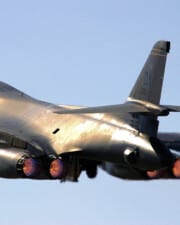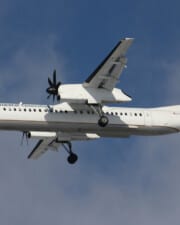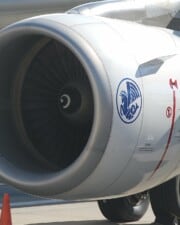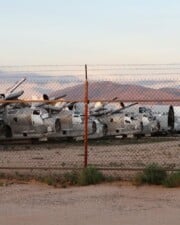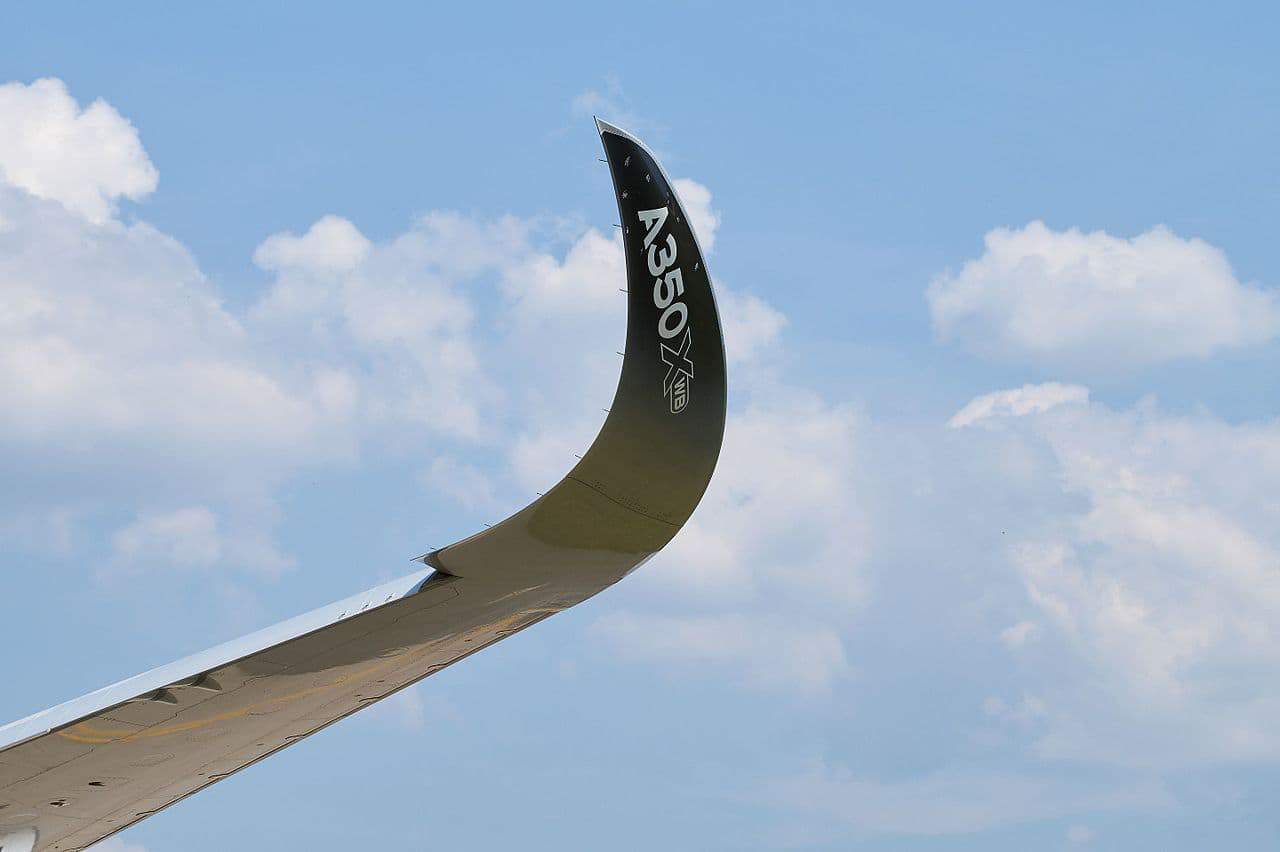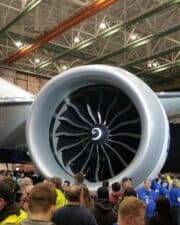Most people are aware that airplanes dump fuel before they land, but many people are unaware of why they do this. Airplane fuel can cost $5 to $6 per gallon, and when you consider that many large planes carry up to 5,000 gallons of fuel, it may sound wasteful to dump it, but that isn’t the case.
Why Do Airplanes Dump Fuel Before Landing?
Have you ever wondered why airplanes dump fuel before they land? Instead of being wasteful, it is actually a very efficient way to fly because it lowers the weight of the plane, causing it less stress as it lands. Usually, airplanes won’t dump fuel in mid-air or when taking off or landing; they only do so immediately before they land the plane.
A Very Practical Solution
Airplane fuel can be quite heavy, sometimes weighing as much as 6 pounds a gallon. If an airplane holds 5,000 gallons of fuel, that can add up to 30,000 lbs. to the plane’s weight. In fact, lowering its weight is the main reason why airplanes dump fuel right before landing.
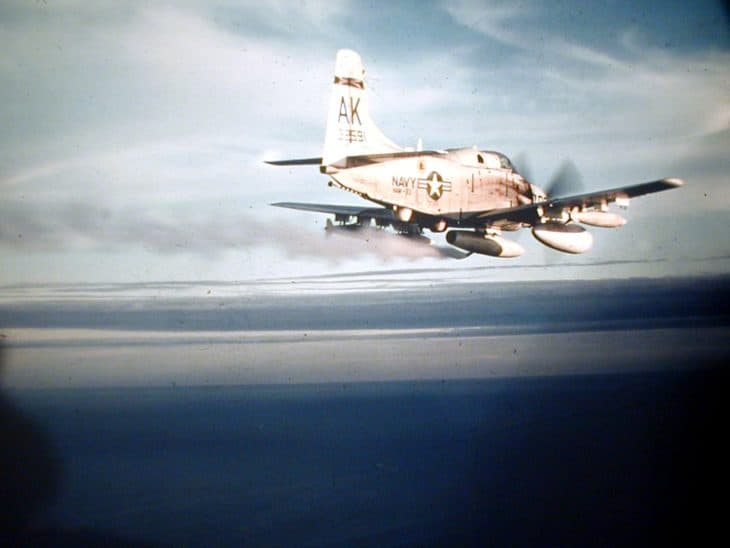
Landing a plane is more stressful on the airplane than taking off is. Heavy fuel adds even more stress, so when the pilot feels it is necessary to lower the weight of the airplane, he may decide to get rid of some of that fuel before landing.
Getting rid of fuel immediately before landing is the fastest way to eliminate the fuel. When not enough fuel is consumed during a flight or there is an emergency situation, dumping the fuel makes for a lighter airplane and, therefore, less stress on the plane itself.
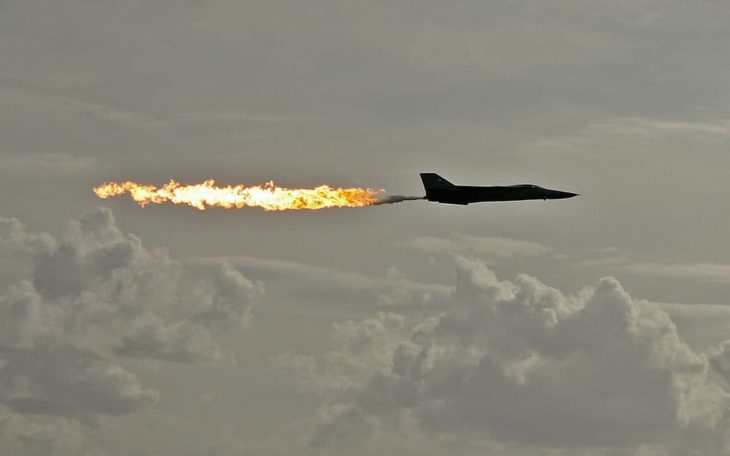
Removing fuel before landing also means the plane’s landing will be smoother, easier, and much safer, which is yet another good reason to dump fuel right before the plane lands. Dumping the fuel in the middle of the flight or during takeoff simply doesn’t provide the same advantages as dumping it immediately before landing.
Some Important Aspects of Dumping Fuel
For those of you who think dumping fuel is environmentally irresponsible, not to worry. Airplane fuel evaporates when it’s released in midair, which means very little, if any, touches the ground. This means there is no need to be concerned about airline fuel being dumped on your car or your home.
Another factor to remember is that fuel-dumping isn’t a regularly performed act. It doesn’t happen with every flight or every airline. In fact, it is normally done only in emergencies or when a pilot needs to land a plane quickly for some reason. It is not a standard procedure.
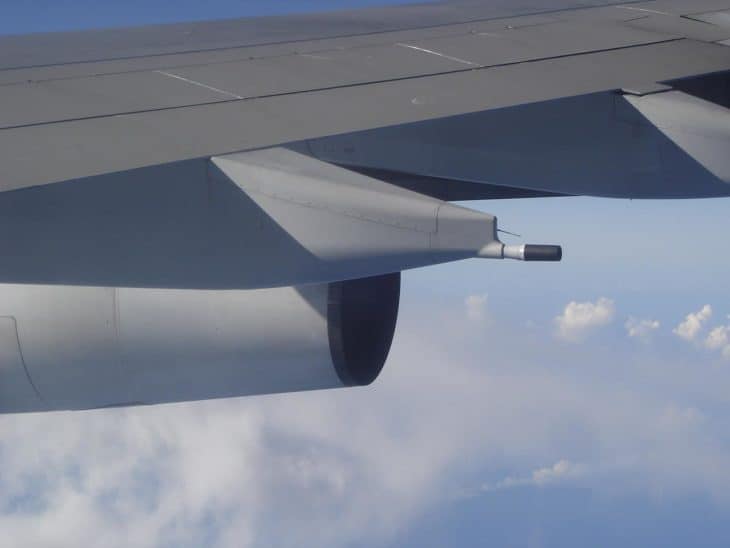
One example of an emergency is a passenger who is experiencing a medical emergency, therefore, making it more serious to land the plane quickly. In cases such as this, it helps to dump the fuel in midair right before landing because the pilot will want to land quickly, not to mention easily.
Quick and emergency landings are the main reasons why airplanes dump fuel these days, and as you can see, this does not happen with every flight and with every airplane. It is reserved only for the times when the action is needed, but it is still a good option in many circumstances.
Do All Airplanes Dump Their Fuel?
For the most part, large planes can dump fuel with the flip of a switch that is located in the cockpit, but this isn’t always the case. Some planes with narrow bodies, such as the Airbus A320 and the Boeing 757, do not have fuel-dumping capabilities.
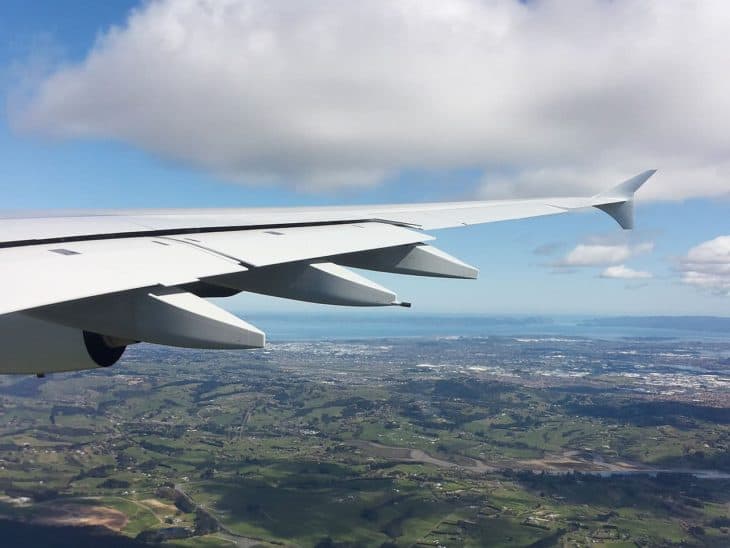
Narrow-body airplanes that do not have fuel-dumping capabilities can still land the plane even though it is overweight and in fact, it is still safe to do so. However, a lighter plane will always land much smoother and safer, making this the preferred option whenever an emergency or quick landing is your goal.
Overall, this is a judgement call to be made by the pilot, because an overweight plane that lands could possibly experience more damage to the plane, which can be costly. This is because planes with more fuel may need more inspections and repairs than those that are lighter.
Other Important Facts Regarding Fuel-Dumping
Now that you know the main reasons why airplanes dump fuel, it is interesting to note a few other things as well. For instance, while most of the fuel will evaporate into the air, some fuel will invariably touch the ground. It can also result in some unpleasant odors.

While these things are possible, however, the odors are usually very light and the fuel that touches the ground is not noticeable for the most part. Therefore, there is little to be concerned about by the average person because most people are likely not to notice that this has occurred.
When time is of the essence, such as an emergency landing, fuel-dumping can make a big difference to how successful that landing is going to be.
Related Posts



